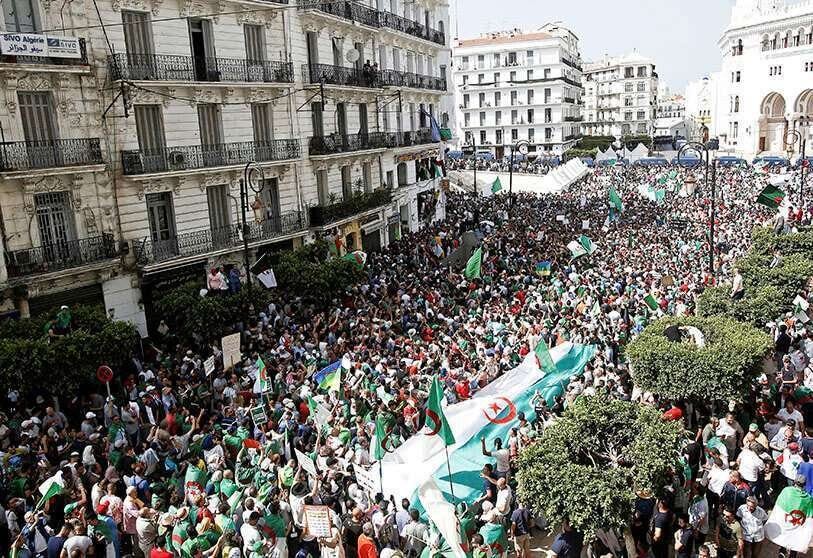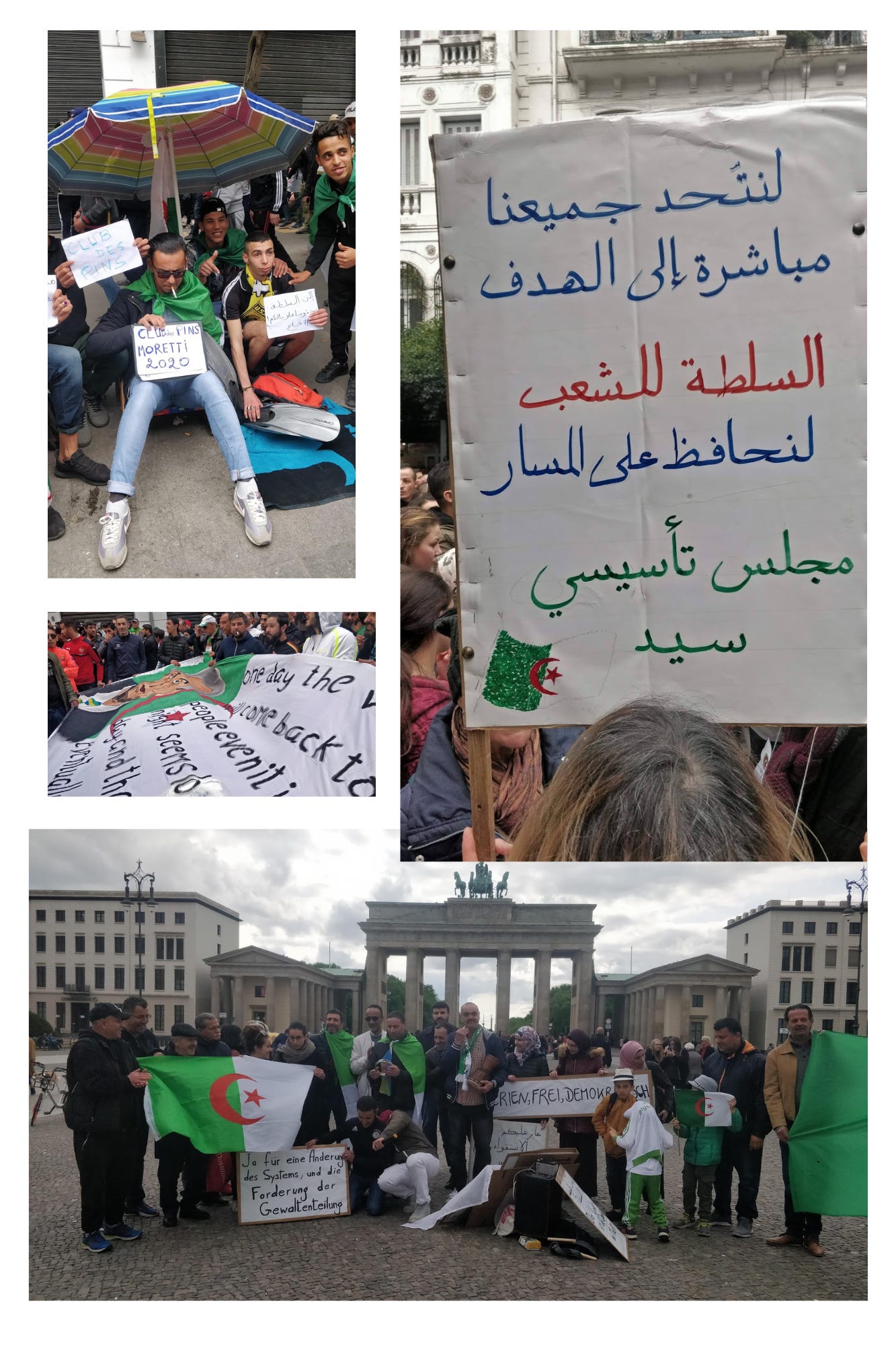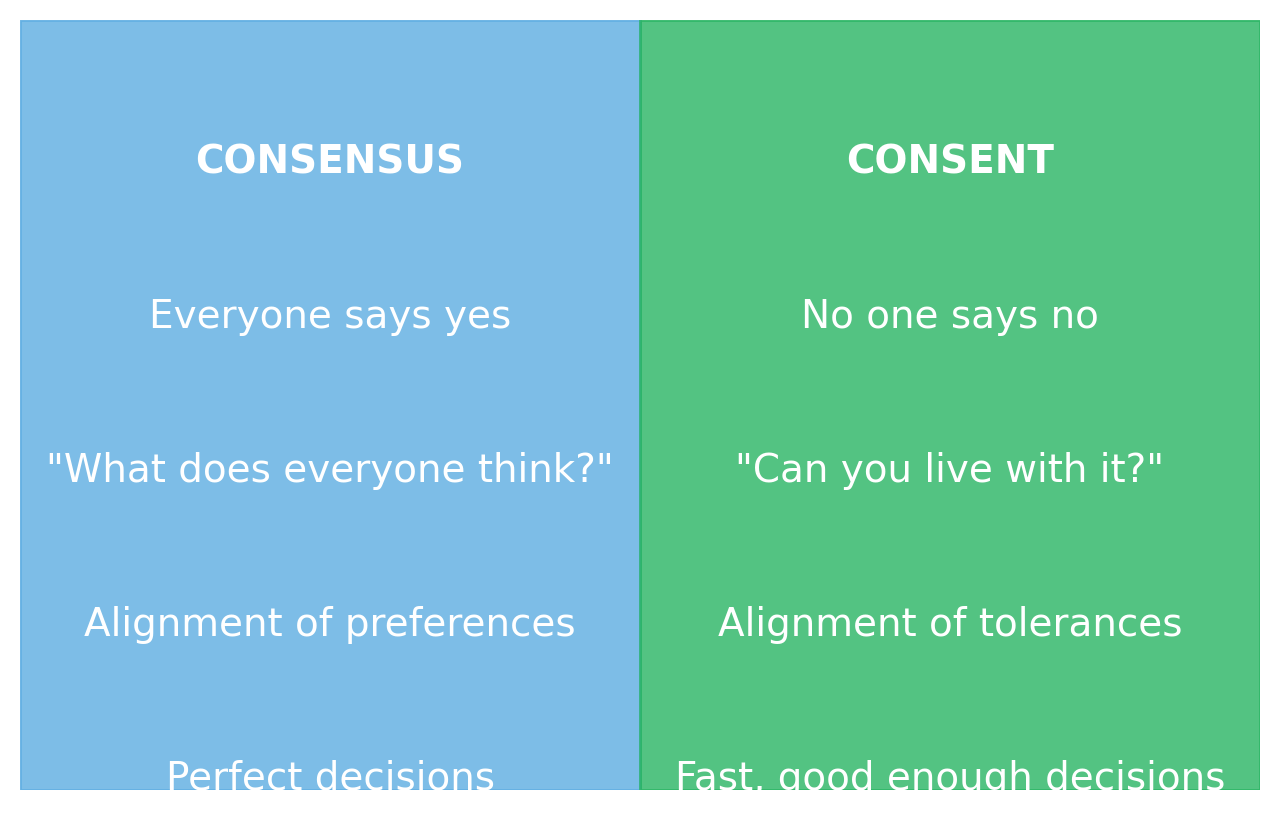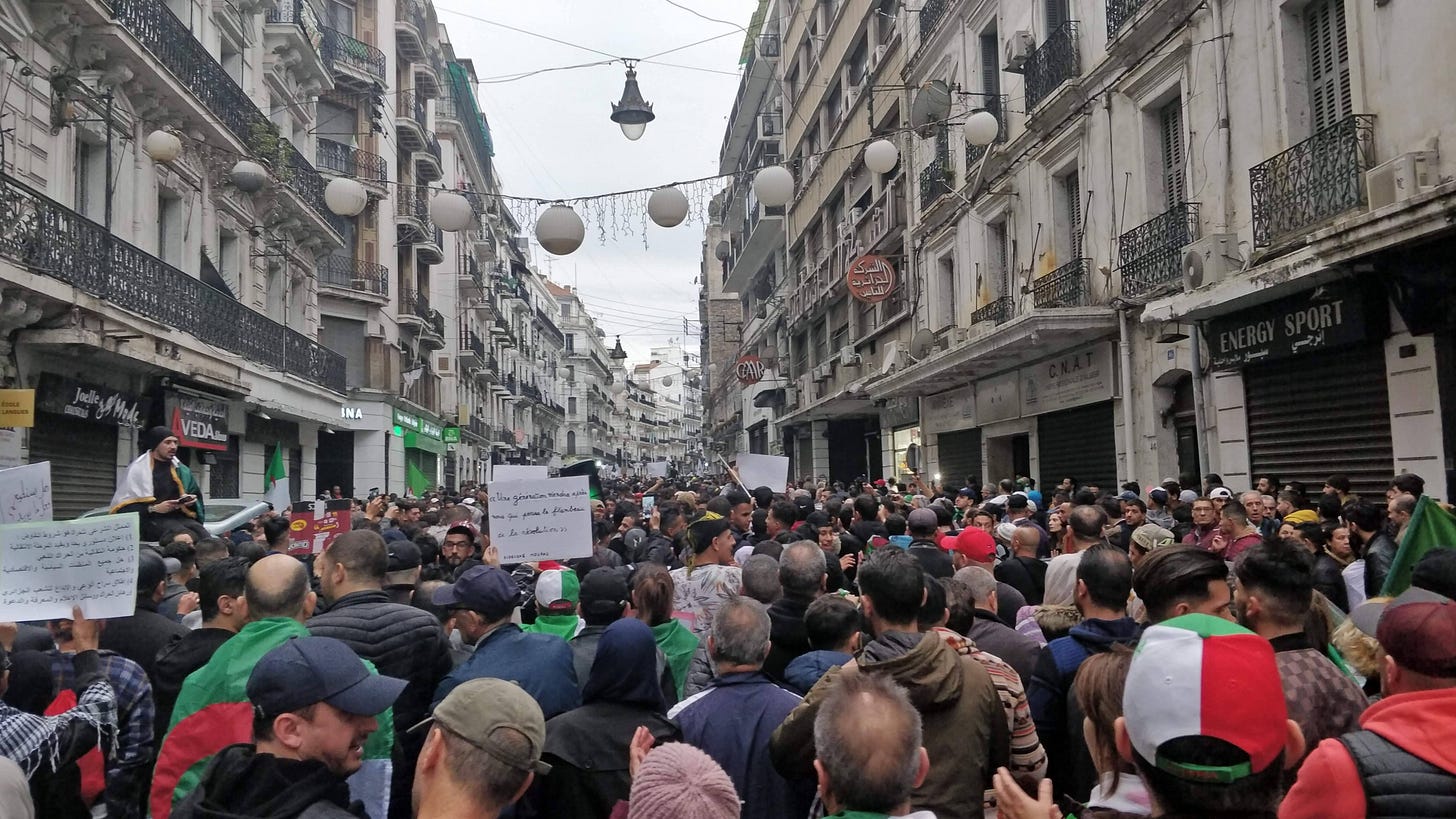Re-imagining Democracy: What I learned from Algeria's Hirak Movement
What I learned from Algeria's Hirak Movement
2019 marked a significant turning point for Algeria. The “Hirak” movement, the uprising that swept across the nation, led to the ousting of the long-standing president, Abdelaziz Bouteflika, who had ruled the country for twenty years. This momentous event not only brought about political change but also instilled a sense of hope and fostered genuine democratic practices1.
Like many Algerians, I wholeheartedly immersed myself in the Hirak movement. I organized demonstrations in Berlin, traveled to Algiers to join the crowds, and engaged in debates online and offline.
Living through this movement made me deeply curious about democracy, not just as a political system but as as a mode of engaging with the world and as a lived experience. It sparked my interest in how we can self-organize, make collective decisions and take power into our own hands.
This question is more relevant than ever today, as democracy seems to be under threat worldwide (see The New Dark Enlightenment Age We Are In).
Indeed, our political systems are at a crossroads, and when power remains locked in the hands of a few, as I witnessed firsthand while growing up in Algeria, everyone suffers. I’m convinced, therefore, that the most important task we face today is to strengthen our democratic practices at every level, from local to global. If we fail to do so, we risk not only disastrous policies but also the erosion of our freedom and agency.
Luckily, at the same time that an authoritarian tide is rising, a wave of collective decision-making practices is emerging in different parts of the world. What I saw in Algeria with the Hirak has also unfolded in Spain, France, Hong Kong, Chile, and elsewhere. Across these movements, one can see the same grassroots energy and desire for fair participation.
Here are some of the most exciting democratic innovations I’ve encountered that are fueling this global movement:
Popular Assemblies:
During the Hirak protests, one of the most inspiring elements was seeing how citizens organically set up discussion circles on the streets. This grassroots dynamic reminded me of popular assemblies, gatherings where all participants discuss and decide together for the topic at hand. Popular Assemblies have been a core part of the Occupy Movement in the US, as illustrated by the late David Graeber2.
Similarly, In Rojava, Northern Syria, popular assemblies have been established as part of a decentralized system of self-governance3. These assemblies bring together community members to discuss and make decisions on various issues affecting their daily lives, from local infrastructure projects to social policies. I see them as a powerful example of grassroots participation that can reshape how we govern ourselves.
Citizens Assemblies:
A close cousin of popular assemblies, a citizens' assembly is a representative group of individuals randomly selected from the general population to discuss and make recommendations on specific policy issues. These assemblies are designed to reflect the diversity of society and are given the time, resources, and expert input needed to explore issues in depth. Their goal is to build consensus and propose informed solutions. A constituent assembly, such as the one convened in Tunisia in 2011, is a special type of citizens' assembly focused on drafting or reforming a constitution.
In France, a nationwide Citizens' Assembly for the Climate was organized in 2019, resulting in 149 recommendations. This experiment demonstrated that randomly selecting citizens for decision-making roles can help break political gridlock and bring fresh perspectives into governance.
By reducing the influence of political parties, this approach fosters greater inclusivity and encourages decision-making that is both more representative and less polarized4.
Citizens' initiative referendum (RIC):
This system allows citizens to participate directly in decision-making. It has been widely championed by the Gilets Jaunes movement in France and has been a core part of Swiss democracy for years. In Switzerland, citizens can propose changes to laws or the constitution through popular initiatives. They can also challenge government-passed laws via referendum, ensuring that major legislative decisions reflect the will of the people5.
Consent-based Decision Making:
While traditional elections rely on a majority rule, a consent-based approach aims to ensure that no one actively opposes the proposal under consideration (instead of a majority saying yes). A similar practice is found within Quaker communities6, where decisions are reached through open discussion, rather than simple consensus. This method focuses on aligning tolerances rather than preferences, ensuring that decisions are inclusive and practical. I’ve seen it widely used in progressive social impact circles, and tools such as Loomio enable this practice at scale.
Elections without candidates:
This system offers yet another alternative to traditional elections by removing pre-selected candidates. Instead of choosing from a set list, voters designate individuals from within the group and explain why they believe that person is the best choice.
Commonly used in associations and community groups, this approach ensures that every participant has both the right and the responsibility to express their preference openly. One of its key advantages is that it fosters genuine discussion, encouraging voters to articulate their reasoning and engage more deeply in the selection process7.
Ranked Voting:
A voting method that enables voters to rank multiple options in order of preference. Preferences are weighted or used as contingency votes. I appreciate preferential voting because it lets people rank their choices instead of making a simple yes-or-no decision. Thus, this system captures the nuance of our opinions and values, ensuring every voice contributes to the outcome. It reminds us that our preferences are complex and deserve full consideration.
Several countries have adopted ranked voting in different forms. In the U.S., Maine implemented it in 2018, followed by Alaska in 2022. It is also used in national elections in Australia, Ireland, Malta, and New Zealand, as well as in specific elections in Northern Ireland and Papua New Guinea8.
Liquid Democracy
I came across Liquid Democracy when I was living in Berlin where it was championed by the local Pirate Party. Liquid democracy9 is a hybrid system that blends direct and representative democracy. Voters can either cast their ballots directly on policy issues or delegate their votes to a trusted representative who votes on their behalf. This flexibility allows individuals to decide how actively they want to engage in decision-making.
What makes this approach powerful is that it mirrors real life. Sometimes we make decisions ourselves, and other times we rely on experts. Liquid democracy gives people the freedom to shift between direct participation and delegation, ensuring that political engagement adapts to different levels of interest and expertise
Municipalism:
Municipalism shifts power to local communities, giving residents a direct role in governing their towns and cities. A key example is Barcelona’s municipalist movement, where the city government has introduced participatory budgeting and neighborhood assemblies resulting in a surge in citizen participation. These initiatives decentralize decision-making, allowing citizens to shape policies and projects that directly impact their daily lives10.
Municipalist movements in Spain and beyond draw inspiration from Murray Bookchin, who envisioned municipalities as centers of direct democracy. He argued that prioritizing local participation strengthens democracy at the grassroots level, fostering more responsive and community-driven governance11.
Of course, these are only a few examples. Many more democratic practices are emerging today12. Naturally, while they all promise more inclusive decision-making, each also has trade-offs. Popular assemblies can become dominated by loud voices; consent-based methods might mask hidden dissent; and advanced voting systems—such as ranked or liquid democracy—require both education and technical capacity, as well as safeguards against over-centralization. Effective implementation demands skilled facilitation, transparency, and robust public engagement.
Nevertheless, activists and communities worldwide are refining these tools, making democracy more participatory and resilient. This work is critical, as it offers our best chance to rebuild trust in our political systems.
More importantly, the true catalyst for change is not just the tools themselves but a shift in mindset. In the face of global challenges, the only way to create fair and effective solutions is by involving everyone.
This means listening to every voice, prioritizing inclusivity, and practicing collective decision-making, not deciding for but deciding with others at every level.
All this to say that there is hope. The same that fueled the Hirak movement. The hope that change for the better is possible, one day.
Robert Parks, From Protesta to Hirak to Algeria’s New Revolutionary Moment, MERIP, https://merip.org/2019/12/from-protesta-to-hirak-to-algerias-new-revolutionary-moment/
Graeber, David. The Democracy Project: A History, a Crisis, a Movement. New York: Spiegel & Grau, 2013.
Monbiot, George. "General Elections Are a Travesty of Democracy – Let's Give the People Real Power." The Guardian, June 6, 2024. https://www.theguardian.com/commentisfree/article/2024/jun/06/general-elections-democracy-lottery-representation.
Wilson, Claire Mellier, Rich. "Getting Climate Citizens' Assemblies Right." Carnegie Europe.
Auffret, Simon. "En Suisse, le référendum d'initiative populaire comme outil du consensus politique." Le Monde, December 19, 2018. https://www.lemonde.fr/societe/article/2018/12/19/en-suisse-le-referendum-initiative-populaire-comme-outil-du-consensus-politique_5399901_3224.html.
Blunden, Andy. The Origins of Collective Decision Making. 1st ed. Chicago: Haymarket Books, 2017.
See an example of how Elections without candidates work here https://www.codesign-it.com/publications/elections-sans-candidat-une-experience-sociocratique-reussie
"New Zealand Cities Voting to Implement Ranked Choice Voting." FairVote. https://fairvote.org/new_zealand_cities_voting_to_implement_ranked_choice_voting/.
Blum, Christian, and Christina Isabel Zuber. "Liquid Democracy: Potentials, Problems, and Perspectives." 2016.
Fearless Cities. A Guide to the Global Municipalist Movement. New Internationalist Publications.
Bookchin, Murray. "Libertarian Municipalism: An Overview." Green Perspectives, no. 24 (October 1991). Burlington, Vermont.
For a more comprehensive exploration of public participation and democratic innovations, visit Participedia. This extensive database curates hundreds of methodologies, case studies, and examples from around the world, showcasing how citizens engage in decision-making and governance.





Best resources for assemblies I found was https://assemblyguide.demnext.org/
Really interesting article. As an Algerian that's lived in Algeria, as well as abroad, I join you on certain aspects in your analysis.
However, I also believe that a "one-fit-all" political system doesn't work across all societies, cultures & its intersections.
From a rational point of view, I often refer myself to the Maslow pyramid, the fundamental needs of people, and the concept of freedoms, liberties, "political representation", aren't considered "fundamental" compared to food, housing, health and so on.
That being said, we aren't purely rational (and thank God we aren't), but driven also by emotions, and 2019 was a very special year with the late Bouteflika's incapacity to govern, yet wanting to pursue a 5th term, that drove the average Algerian's mind to the streets.
I enjoyed the Hirak because, it was truly a meaningful expression of the Algerian frustration, and some things came out of it. Unlike the Arab spring, that skipped us, it was peaceful, and had little to no damage.
I enjoyed your ideas on liquid democracies and people proposing candidates, vs the current status quo where an individual self-proposes to represent. We need alternative systems that cater to local populations & cultures, and a more "natural" way to drive power in, and out.